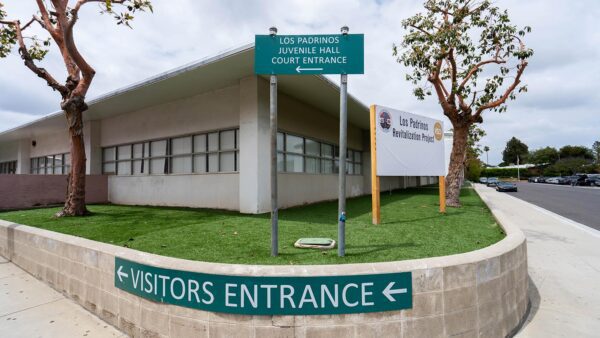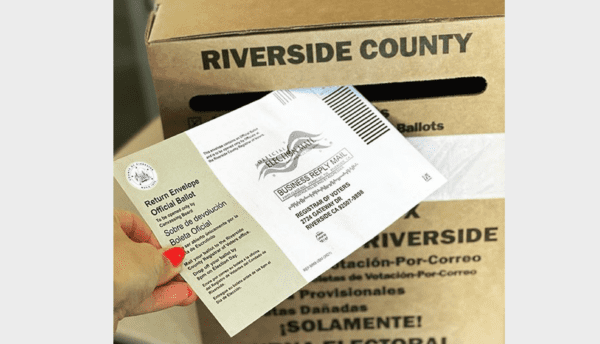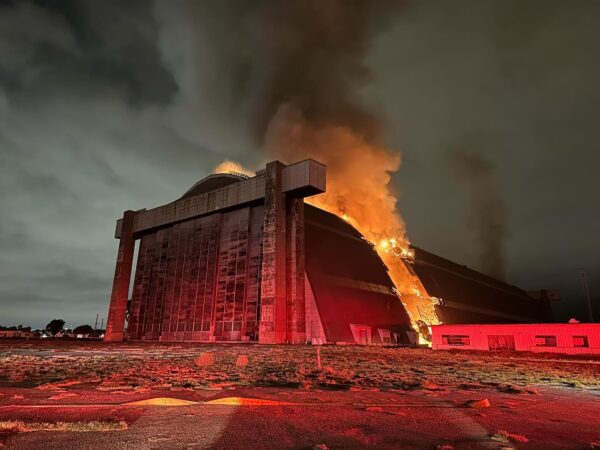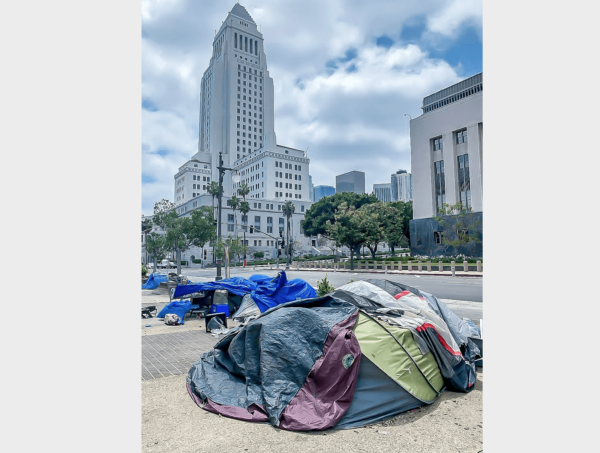By Paul J. Young
Following a lengthy and sometimes emotional hearing on proposed amendments to Riverside County’s short-term rental ordinance, the Board of Supervisors Tuesday directed staff to return with a series of proposed adjustments before taking a final vote on the revised regulatory system later this month.
Tuesday’s hearing on proposed alterations to Ordinance No. 927 spanned roughly five hours, with upwards of 60 speakers addressing the board to express their concerns or satisfaction with what Transportation and Land Management Agency staff had brought forward regarding limitations on short-term rental permits in Idyllwild-Pine Cove and the Temecula Valley Wine Country.
A moratorium on the issuance of short-term rental permits in those areas was first implemented in September 2022, then again last August, providing the Planning Commission time to consider targeted modifications to the Short-Term Rental Ordinance, which were approved by the commission in a 4-0 vote. That action at the end of August resulted in the matter going before the board for final consideration.
The proposed modified ordinance will be reviewed again by the board on Nov. 28.
“When (a short-term rental permitting process) is working, it’s a benefit to the community,” Adam Hendricks, a property owner in Idyllwild, told the board. “We welcome regulations that increase safety and quality of life. But imposing an ordinance that arbitrarily removes people from participating … makes everything really difficult.”
David Hunt, a longtime Idyllwild resident, told the board that limitations on short-term rentals address “major public health and safety concerns” in the mountain community.
“Every STR that comes to Idyllwild and Pine Cove impacts our sewer and water,” he said. “There needs to be a maximum cap.”
Laura Stern, a Temecula Valley property manager, said “new restrictions cause us to be over-regulated and are cumbersome,” while Temecula-area resident Alan Paynter told the board he and his wife were so disaffected by disturbances from a neighboring STR property that “we’ve considered moving.”
On Oct. 18, 2022, the board signed off on the new short-term rental regulatory framework for unincorporated communities, but Supervisor Chuck Washington and Transportation and Land Management Agency officials supported excluding the Temecula Valley and Idyllwild-Pine Cove from the new ordinance until specific problems related to enforcement of regulations in each location could be ironed out.
Under the proposals submitted by the agency, the number of rentals in Idyllwild-Pine Cove would be limited to a total of 500. There are already 474 in operation. In the Temecula Valley Wine Country, a total of 227 would be allowed under the proposed regulatory framework. The number now in operation wasn’t clear.
A “lottery” is proposed for randomly awarding short-term rental certificates to qualifying applicants in the future.
Washington, whose 3rd District encompasses Temecula Valley, said Tuesday that he favored increasing the number of short-term rentals permissible in the “winery district” of Wine Country, which also includes an “equestrian district” and a “residential district.”
There is a 500-foot separation requirement proposed that would mandate any newly certificated short-term rentals be at least that distance from the nearest residence.
TLMA also recommended barring a property owner from holding more than two certificated properties in the mountain communities or Wine Country. However, they could own and operate as many as they desire elsewhere in the county.
Board Chairman Kevin Jeffries took issue with the proposal, emphasizing that owners of existing short-term rentals owners “should not be discriminated against” and ought to be able to continue operating “three or more in the Idyllwild area” if they’ve already been paying transient occupancy taxes on them.
The new regulations would also require any short-term rental operator countywide to be at least 21 years old, though in Temecula Valley Wine Country, he or she would have to be 25.
The proposed amendments further seek to include “responsible operators” and “responsible guests” at short-term rental properties in being held liable for paying penalties in the event a property is determined to be a nuisance because of parties or other disturbances. Currently, only owners can be fined.
The revised framework also proposes testing requirements to confirm short-term rental operators understand county regulations and are able to comply with them.
“Somehow, we have to make this work for both sides (short-term rental owners and their neighbors),” Supervisor Karen Spiegel said.
The regulatory framework established under Ordinance No. 927 focused on occupancy limitations, noise controls, parking designations and other health and safety provisions for short-term rentals. It was in response to increasing problems stemming from unlicensed vacation rentals.
There are an estimated 1,130 licensed short-term rentals in unincorporated areas countywide, with the greatest concentrations in the Temecula Valley and mountain communities, according to the Transportation and Land Management Agency.
Short-term rentals are defined as residential dwellings leased for a maximum of 30 days and a minimum of two days and one night.







